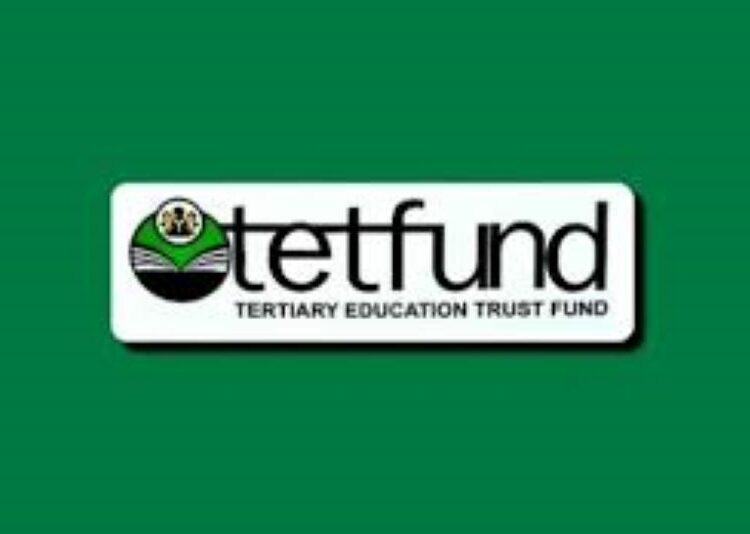The Federal Government has directed all tertiary institutions across the country to submit comprehensive reports on unutilised intervention funds from the Tertiary Education Trust Fund (TETFund) within 30 days.
Minister of Education, Dr. Tunji Alausa, gave the directive on Thursday in Abuja during a meeting with heads of tertiary institutions, warning that idle allocations would henceforth be redirected to priority projects.
Alausa expressed concern over the growing number of institutions failing to utilise their TETFund allocations, describing the trend as a major setback to educational development.
“Resources that could have been used to develop infrastructure in institutions have remained idle due to bottlenecks,” he said. “Institutions must submit reconciled reports of all unutilised funds within 30 days, which will be jointly verified. Unused funds may be redirected to priority projects, and carrying them over without strong justification will no longer be allowed.”
He further instructed that procurement plans must align with approved interventions and that approval processes should be fast-tracked to prevent delays.
To improve efficiency and accountability, the minister announced the introduction of capacity-building programmes aimed at strengthening project management, compliance, and reporting among institutions. He also disclosed that quarterly reviews would be held to assess progress and compliance levels, with sanctions for those failing to meet utilisation standards.
In a bid to enhance transparency, the Ministry of Education plans to launch a public dashboard showing disbursement and utilisation data. Institutions will also be required to publish progress reports on all TETFund-funded projects.
“TETFund must lead with professionalism, enforce compliance, and ensure transparency,” Alausa said. “Institutional heads should drive urgency and accountability, while bursars, procurement officers, and project coordinators must plan and report diligently. Auditors and oversight bodies are expected to monitor activities and flag irregularities. All stakeholders must uphold a sense of stewardship, recognising that every TETFund naira represents public trust.”
The directive followed repeated warnings from TETFund over unaccessed and unused allocations by higher institutions. In July 2025, the agency threatened to delist defaulting institutions, stating that unutilised funds would be diverted to those that had met utilisation requirements.
TETFund allocations are based on a demand-driven model, where institutions submit project proposals according to their specific needs before approval.
In 2025, TETFund allocated N1.6 trillion to tertiary institutions nationwide, with emphasis on campus security, healthcare, and direct interventions.
Alausa reiterated that the success of the new accountability framework would depend on collaboration among all stakeholders in the education sector.
“The success of this initiative depends on strong collaboration. Every actor in the chain must recognise their role in safeguarding public resources meant for education,” he stated.





